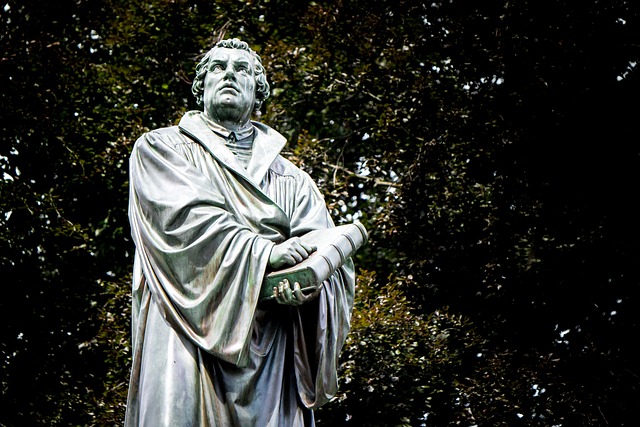
Martin Luther wanted to change the Church, but not create a new one.
The position and doctrine that promote a peaceful and gradual modification of a social, political or other situation is known as reformism . While reformism proposes a gradual transformation, a revolutionary movement seeks an abrupt and profound change.
Phased reform
What reformism seeks, therefore, is to introduce a gradual reform . Generally their intention is not to eliminate a system or overthrow a government, but to achieve an improvement in certain aspects.
Many times reformism relies on consensus to achieve its objectives. The purpose is to move progressively towards what is interpreted as favorable for the common good.
However, some extremist sectors consider that reformism implies giving in to the opposition's demands or surrendering. Fundamentalists do not accept the gradual advances of reformism: on the contrary, they promote a revolution so that the structure in question mutates violently.
For the revolutionary left , in this sense, reformism does not affect the pillars of capitalism , which continues to allow exploitation. It is a bourgeois alternative that replaces the workers' struggle in pursuit of socialism .
Marx and Luther
Thus, according to Marxism , reformism is a resource of the right because it attacks the overthrow of capitalism and the implementation of a socialist regime. Although he admits the usefulness of demanding reforms favorable to workers under a capitalist system, he takes them as an additional tool to the class struggle .
Martin Luther 's reformism, meanwhile, sought for Catholicism to recover the characteristics of primitive Christianity. That is, he wanted to change the Catholic Church and not create a new one.
Christian socialism
We can distinguish at least three fundamental sources when studying the theory of reformism. One of them is the Christian one, where we can highlight the self-proclaimed Christian socialist Karl Polanyi , a philosopher and scientist according to whom economic liberalism was a utopia that could have ended the political and material bases of modern society .
For the economist Alfred Müller-Armack , competition and the market are the best way to organize the economy. However, let us not forget that it must serve humanity, so it is necessary to regularize it so that it benefits society.
Returning to Polanyi, it was through his work that economic democracy emerged, a concept that requires consideration of stakeholders when practicing economics, in addition to corporate interests. This means we must also think about owners, unions and the community at large. The French philosopher Jacques Maritain , for his part, stood out in Latin America and Europe for his work in Christian democracy.

According to Thomas Hill Green, to develop our potential we need community.
Social liberalism
Another important source of reformist theory comes from social liberalism. In this case, the importance of achieving social equality is emphasized, especially with regard to opportunities. The British philosopher Thomas Hill Green believed that it was not possible to develop our potential as a species in isolation, but that to do so we need community.
Society, precisely, can promote such development and to do so it should revolve around the common good, based on democracy. At this point we must mention the economist John Stuart Mill , who pointed out that the government could reach its maximum exponent thanks to democracy, and that this also serves our development. The reason is that only through an open space for discussion and reflection is it possible to correct our mistakes and improve. In other words, he argued that living, having experiences, but not reflecting or debating about them is not enough to move forward.
